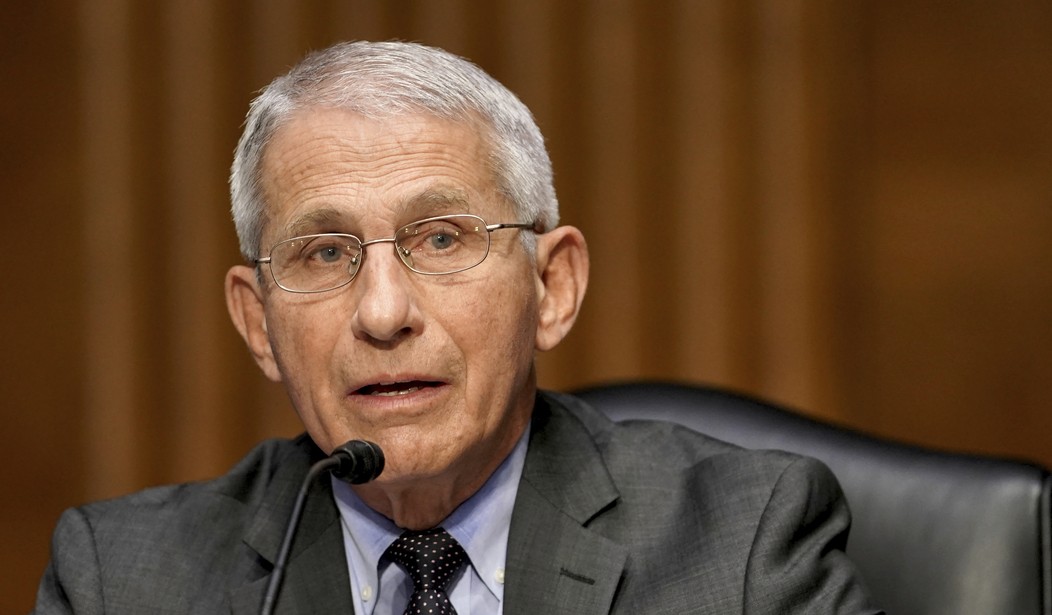The push by the Biden administration to give Covid vaccine booster shots to most Americans is not based on what the current science says about vaccine efficacy, says a distinguished group of scientists in The Lancet:
“Although the benefits of primary COVID-19 vaccination clearly outweigh the risks, there could be risks if boosters are widely introduced too soon, or too frequently, especially with vaccines that can have immune-mediated side-effects (such as myocarditis, which is more common after the second dose of some mRNA vaccines or Guillain-Barre syndrome, which has been associated with adenovirus-vectored COVID-19 vaccines). If unnecessary boosting causes significant adverse reactions, there could be implications for vaccine acceptance that go beyond COVID-19 vaccines. Thus, widespread boosting should be undertaken only if there is clear evidence that it is appropriate.”
Related: [WATCH] Hospital Staff Caught Plotting to ‘Scare’ the Public on COVID-19
But this advice flies in the face of what the Biden administration has been urging for weeks. The disagreement has caused two of the government’s leading vaccine experts to resign from the FDA.
Marion Gruber, director of the FDA’s Office of Vaccines Research and Review, and her deputy director, Phil Krause, set to leave in October and November, published a viewpoint in The Lancet on Monday along with other experts worldwide, arguing that the COVID-19 vaccines remain effective in preventing severe disease, including against the highly transmissible and dominant delta variant.
The Lancet paper points out that only some people — the immunocompromised and some who received a “low efficacy” vaccine like the Russian or Chinese vaccines — should be in line for a COVID booster shot. The Biden administration was urging everyone to get one.
Last month, the nation’s top health officials said the U.S. was prepared to begin offering COVID-19 vaccine booster shots to Americans beginning Sept. 20, pending FDA review. That statement, attributed to Walensky, Woodcock, U.S. Surgeon General Dr. Vivek Murthy, NIH Director Dr. Francis Collins, President Biden’s chief medical advisor Dr. Anthony Fauci and others, had said available data indicated protection begins to wane over time, and “could diminish in the months ahead, especially among those who are higher risk or were vaccinated during the earlier phases of the vaccination rollout.”
Gruber, Krause and other authors urged caution over drawing conclusions about vaccine efficacy from preliminary observational studies possibly affected by “confounding and selective reporting” to inform the country’s booster shot rollout. Vaccine supply should instead be allocated to unvaccinated populations to best reduce the risk of serious illness and emerging variants, they said.
It makes far more sense than having everyone get a booster if, as seems evident, the Moderna and Pfizer vaccines are doing a good enough job in slowing the pandemic. Whatever the loss in immune responses over time, it doesn’t appear serious enough to rush to give booster shots to another 250 million Americans.
This has been the hallmark of the government’s response to the coronavirus from the start: panicky reactions to incomplete data. It’s been that way with masking, with school reopenings, and with lifting coronavirus restrictions on public gatherings. They claim to be “following the science” but only embarrass themselves when proved wrong later.
Now, it’s more of the same on booster shots. Perhaps the government should put all the information they have on waning immunity in the public domain and try something truly revolutionary: allow the people to decide for themselves if they need a booster.
Yes, that makes too much sense to be tried by a government that isn’t interested in common sense.










